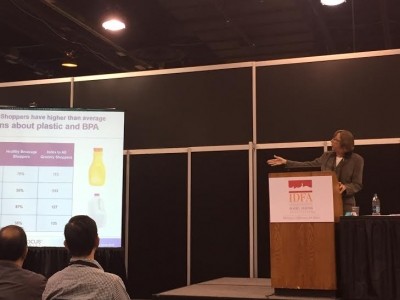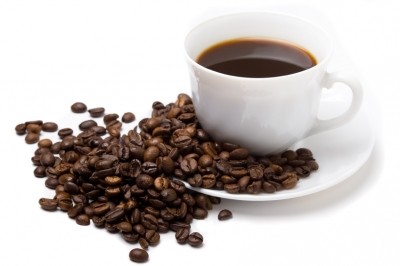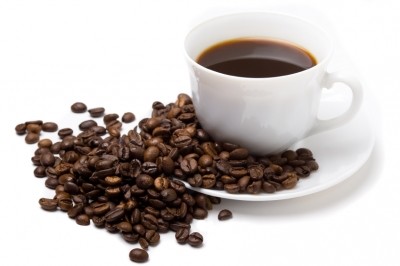Coffee polyphenol may help manage blood sugar in healthy people: Study

Researchers from the Kao Corporation report that coffee polyphenols including chlorogenic acids, including feruloylquinic acids and dicaffeoylquinic acid, also increased levels of the appetite-regulating hormone GLP-1 after a meal.
“These findings support the hypothesis that, in healthy humans, coffee polyphenol consumption improves postprandial hyperglycemia and vascular endothelial function, which is associated with increased GLP-1 secretion,” they wrote in Nutrition Research.
Coffee and its constituents
The beverage, and its constituent ingredients, has come under increasing study with research linking it to reduced risk of diabetes, and improved liver health.
Coffee, one of the world's largest traded commodities produced in more than 60 countries and generating more than $70bn in retail sales a year, continues to spawn research and interest.
Indeed, a report by Mario Ferruzzi from Purdue University in Physiology & Behavior (Vol. 100, pp. 33-41) stated that coffee is one of the richest sources of polyphenols in the Western diet, with one cup of the stuff providing 350 milligrams of phenolics. Of these, the most abundant compounds in coffee are chlorogenic acids, making up to 12% of the green coffee bean. The most abundant of these compounds is caffeic acid.
The new study used beverages with 355 mg of chlorogenic acids, while the placebo beverage did not contain any chlorogenic acids. Both active and placebo beverages contained caffeine (54.9 mg), said the researchers.
Study details
The Japanese researchers recruited 19 healthy men to participate in their randomized, acute, crossover, intervention study. The participants were given a test meal with the polyphenol rich coffee drink or the placebo drink and measurements taken for three hours after the meal.
Results showed that the coffee polyphenol beverage was associated with significantly lower increases in blood glucose, while flow mediated dilation increased. FMD is a measure of blood flow and vascular health.
“To our knowledge, the present study is the first to demonstrate that coffee polyphenol consumption lowers blood glucose after meal ingestion in humans,” wrote the researchers.
They also note that there tended to be an increase in postprandial GLP-1 levels after the polyphenol-rich coffee drink, compared with placebo, but there were no statistically significant differences between the two groups.
“Although not detracting from the significance of the current findings, the limitations of the present study should be considered,” they wrote. “The major weakness of this study was the small sample size. Accordingly, the effect of coffee polyphenols on postprandial GLP-1 secretion and its association with postprandial hyperglycemia improvement and endothelial function remains unclear.
“Further studies with a larger sample size are warranted to clarify the effects of coffee polyphenols on GLP-1 secretion and its involvement in improved blood glucose and vascular endothelial function.”
Source: Nutrition Research
Published online ahead of print, doi: 10.1016/j.nutres.2015.07.005
“Coffee polyphenol consumption improves postprandial hyperglycemia associated with impaired vascular endothelial function in healthy male adults”
Authors: H. Jokura, I. Watanabe, M. Umeda, T. Hase, A. Shimotoyodome











